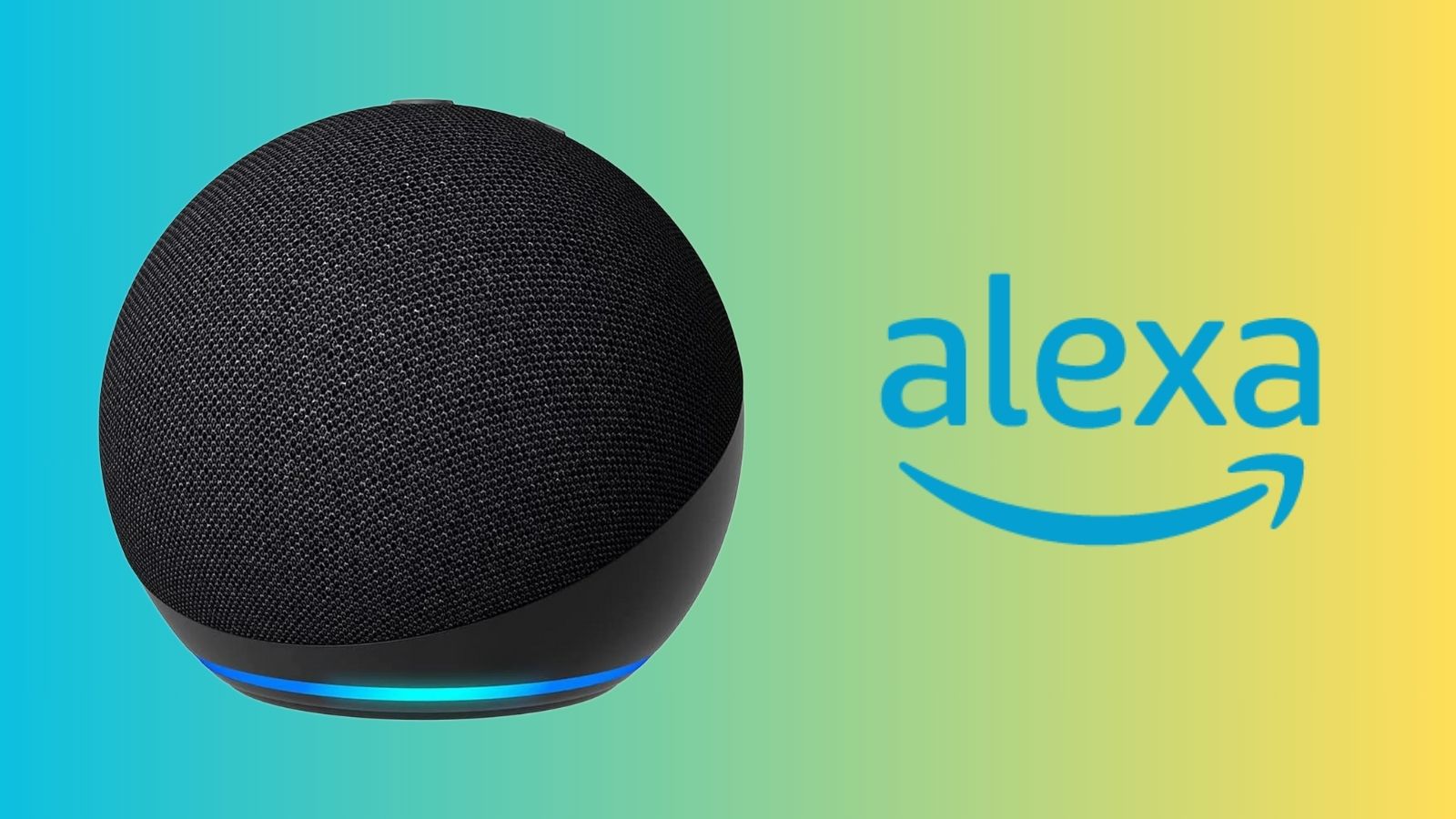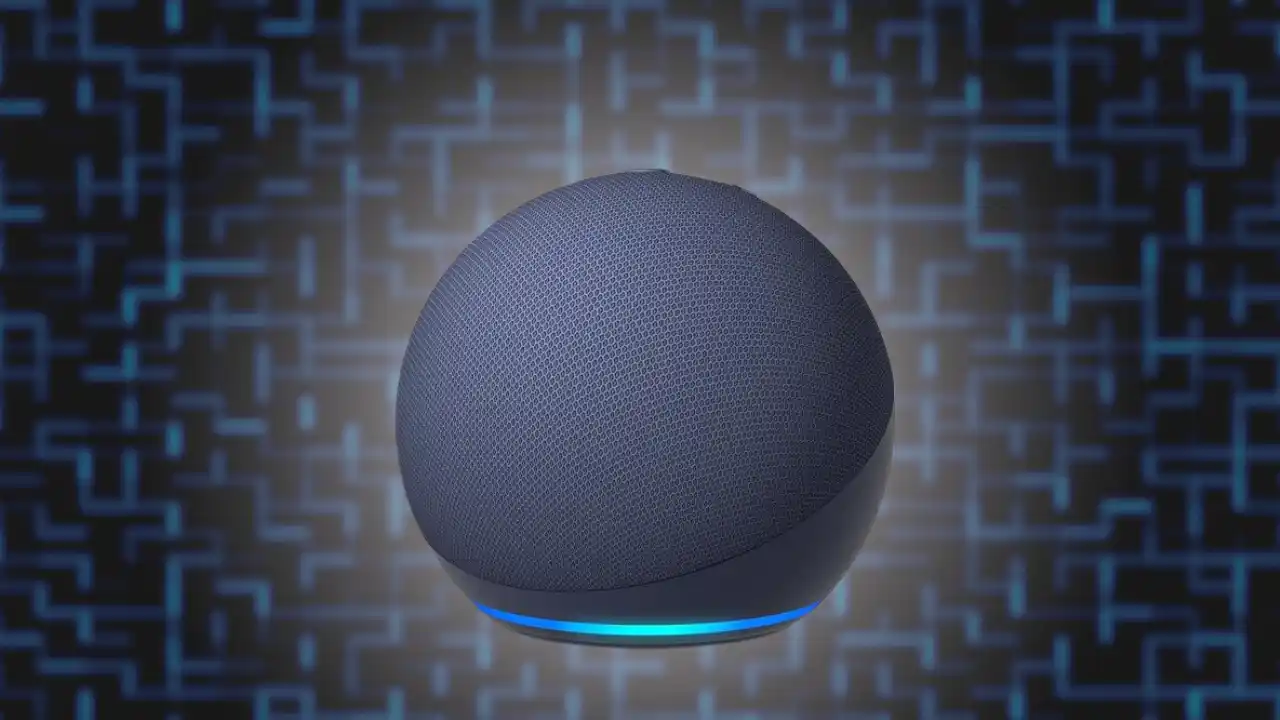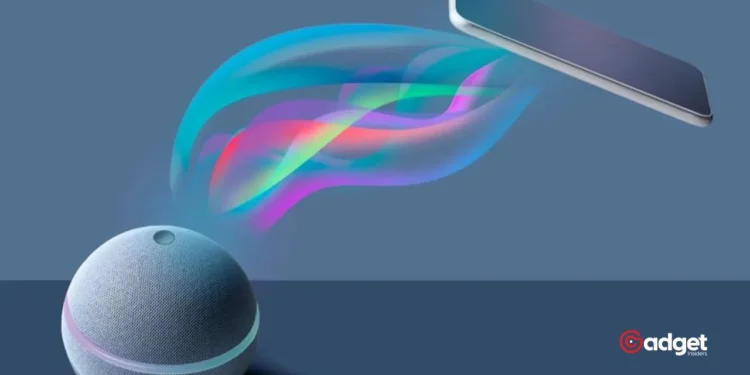Amazon is set to redefine its popular voice assistant, Alexa, introducing a significant upgrade with generative artificial intelligence. This revamp aims to reposition Alexa to better compete with burgeoning AI technologies from tech giants like Google and OpenAI. Notably, this advanced version of Alexa will come with a monthly subscription fee, a departure from its inclusion in the annual Prime membership.

The Next Generation of Alexa: Beyond Basic Commands
For years, Alexa has been the go-to assistant for simple voice-driven tasks such as setting alarms, playing music, or checking the weather. However, the rapid advancements in AI technology have made these tasks seem rudimentary. Recently, OpenAI unveiled its GPT-4o, capable of deep, bilingual conversations, overshadowing Alexa’s current capabilities. Similarly, Google has integrated a generative AI voice feature into its services, setting a new standard for interactive technology.
In response to these advancements, Amazon plans to launch a more conversational Alexa, capable of more nuanced interactions. This version aims to offer functionalities well beyond the basic commands, evolving into a tool that can perform complex tasks with ease.
#Amazon is giving Alexa a big #AI upgrade – and will add a monthly subscription to offset some of the cost. @Kr00ney has the story: pic.twitter.com/mJIHS0Nqj2
— CNBC's Closing Bell (@CNBCClosingBell) May 22, 2024
Subscription Strategy: Enhancing Value Beyond Prime
Interestingly, Amazon has decided to separate Alexa’s new features from its Prime subscription, which currently costs $139 per year. The exact price for Alexa’s subscription hasn’t been finalized, but it marks a strategic shift in Amazon’s business model, aiming to monetize Alexa’s advanced capabilities directly.
This move comes as no surprise given the changing landscape of AI technologies and their increasing integration into daily life. As AI becomes more central to consumer technology, companies like Amazon are looking for ways to leverage these advancements financially.

Internal Changes and the AI Race
Behind the scenes, Amazon has been making significant shifts in its approach to Alexa. Since Jeff Bezos stepped down and Andy Jassy took over as CEO, there has been a noticeable shift in priorities. Alexa, once a passion project of Bezos, now faces the challenge of proving its relevance and utility in the AI-driven market. The team behind Alexa has undergone a major reorganization, with many members moving to Amazon’s artificial general intelligence (AGI) team.
Moreover, Amazon faces stiff competition in attracting top AI talent, with giants like OpenAI, Microsoft, and Google drawing from the same pool of experts. The cost of implementing generative AI in devices like Alexa is non-trivial, estimated at 2 cents per query, posing additional challenges in balancing performance with cost-effectiveness.
Market Position and Future Prospects
Despite these challenges, Alexa’s widespread installation base—over 500 million devices sold—provides Amazon with a significant market advantage. The pre-existing integration of Alexa into countless homes worldwide offers a unique opportunity for Amazon to enhance customer loyalty and satisfaction through improved functionality.

As Amazon continues to invest heavily in AI, including a $2.75 billion investment in AI startup Anthropic, the future of Alexa looks promising but fraught with challenges. The upcoming developers conference by Apple and continuous innovations by Google suggest that the AI assistant market will remain highly competitive.
With Jeff Bezos still actively involved in Amazon’s AI strategies, the company is clearly committed to not just participating in but leading the AI revolution. As we look towards the end of the year and the rollout of the new Alexa, the question remains: Will consumers be willing to pay for a smarter Alexa? Only time will tell, but one thing is clear—Amazon is not stepping back from the challenge.
Amazon Upgrades Alexa with Subscription Model
Company’s decision to upgrade Alexa and introduce a subscription model is a bold move in the rapidly evolving field of artificial intelligence. With the stakes higher than ever, the success of this initiative will depend not only on the technical prowess of the new Alexa but also on how well Amazon can convince consumers of its added value in their everyday lives. As AI continues to shape our interactions with technology, Alexa’s transformation may just be a glimpse of what’s to come in the future of digital assistants.










